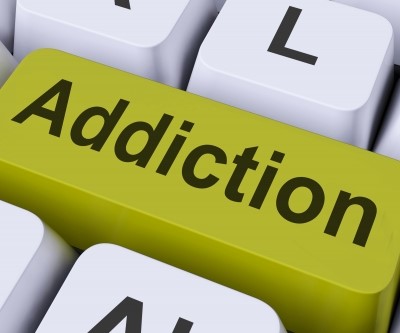If you are thinking of becoming an addiction counsellor, social worker, volunteer, care worker, or similar, you should know that the process of addiction often comes about gradually. In order to help an individual come to terms with – and eventually be healed from – their addiction, knowledge about the addiction process is important. The process of addiction is comprised of three general stages: emotional, mental, and physical.

What you should know about the addiction process: the emotional, mental, and physical stages
The Emotional Process
When it comes to the emotional process of addiction, there is often a general change in a person’s thought processes and way of thinking. The individual who is becoming addicted to a substance, whether it’s alcohol or drugs (or other substances) will often feel the need for excitement or social or emotional comfort and fulfills this need by using a drug or other substance. The individual who tries to fulfill their emotional needs with an addiction may feel better for a temporary period, but after some time, the individual may want more stimulation and may begin to unconsciously associate the act of addiction with relief.
The Mental Process
The second stage in the addiction process is the mental process. Over a short period of time, the act of addiction already begins to be equated with a fulfillment of one’s need, and this is the time that the individual becomes truly addicted. The individual would need to do the act in order to cope with their various emotions. This is also when even the tiniest cues related to the act (whether emotional, visual, or even olfactory) become reminders to the individual of the comfort or excitement they can get from the act.
The Physical Process
Once a person’s mind and emotions become addicted, it can then easily progress into a physical addiction. Over a period of time, the individual’s body can increase its tolerance to the addiction and therefore need an increasing dose of stimulation. Whereas previously, the drug or substance was used to achieve stimulation, excitement, or comfort, it is now used to satisfy a more physical craving.
The Process of Recovery
But what is also good to know is that whilst there is an addiction process, there is also a recovery process from addiction. Some of the steps to complete recovery from addiction include admitting that someone has indeed a problem or dependence on a particular substance or act. Once the individual has admitted their addiction, they can then begin to get over their initial denial and slowly see what their addiction has done to their life.
Another step to recovery from addiction is the individual’s willingness to make a change. This is also the time when the addiction counsellor, volunteer, or social worker can suggest steps and options for recovery. Taking action is the next step in the ladder of recovery, which addicted individuals can choose to do alone (with help or support from a counsellor or volunteer), or by admitting themselves to a rehabilitation centre. Their choice when it comes to this will also depend on the extent or severity of their addiction.
If you are interested in making a difference in someone’s life by becoming an addiction counsellor, a volunteer worker, a social worker, or a care worker, knowing more about the addiction process – and the process involving recovery – is essential. For addiction counselling courses in Dublin, you can visit www.cmi-ireland.com for more information.
